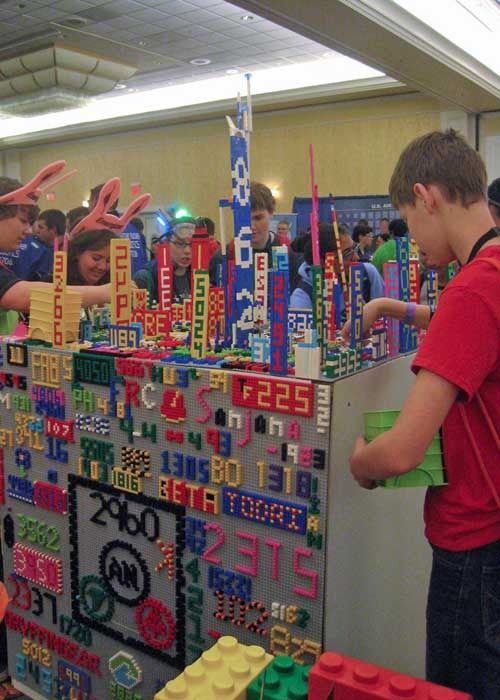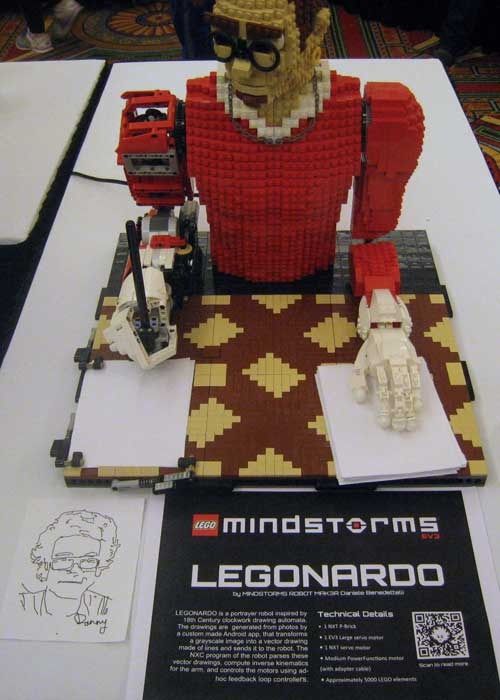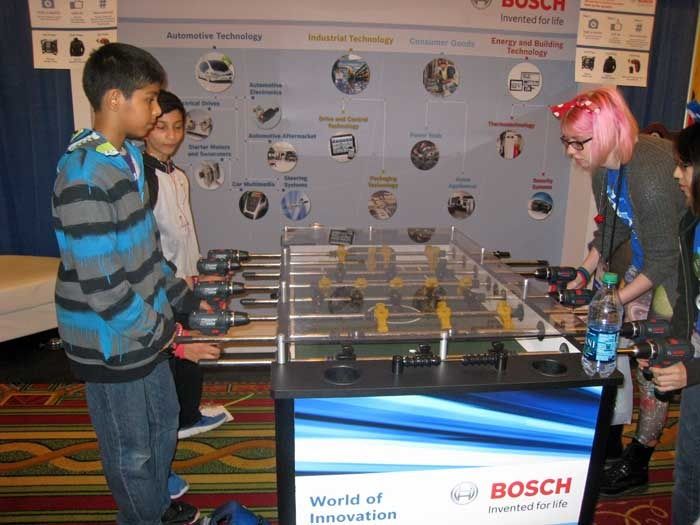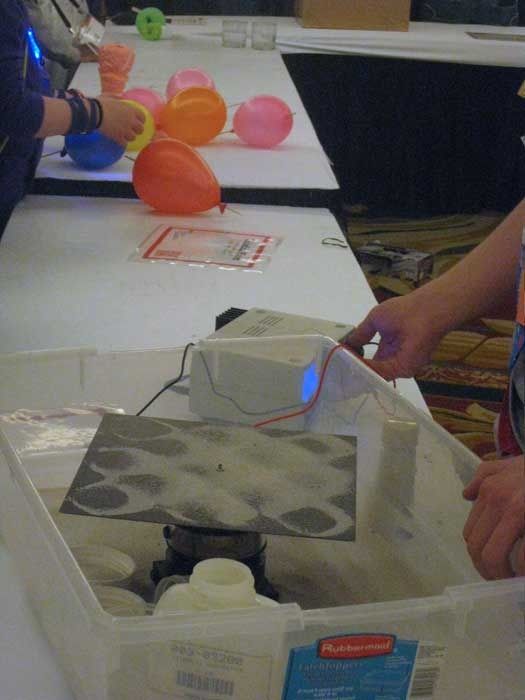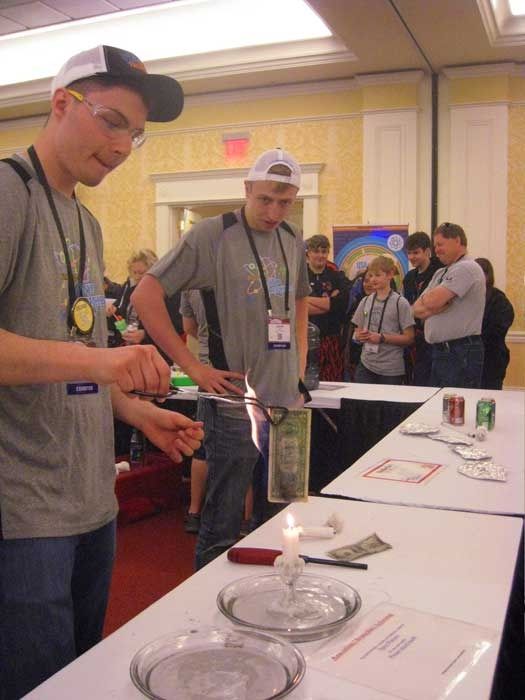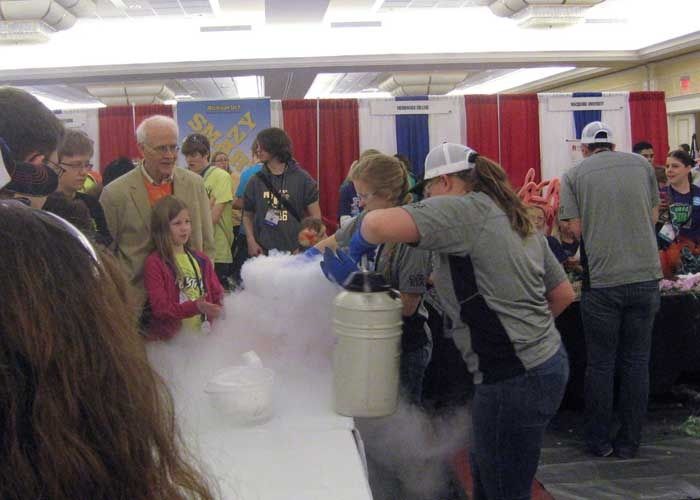 I’m sure you’re familiar with the saying “You never get a second chance to make a first impression.” Usually that phrase has to do with a face to face meeting, but let’s face it sometimes our first chance to “meet” people comes in written form: resumes, work proposals, even blog posts. In these cases we’re often evaluated on our grammar and spelling. I’ll even go on the line and say most people don’t know enough to judge whether we should have used a colon or semicolon so most of the impression will be based on proper spelling. That’s why I’m so glad to see Spelling You See continue its curriculum with more advanced courses. We recently had the opportunity to try out their highest level course (Level G)--Spelling You See: Modern Milestones.
I’m sure you’re familiar with the saying “You never get a second chance to make a first impression.” Usually that phrase has to do with a face to face meeting, but let’s face it sometimes our first chance to “meet” people comes in written form: resumes, work proposals, even blog posts. In these cases we’re often evaluated on our grammar and spelling. I’ll even go on the line and say most people don’t know enough to judge whether we should have used a colon or semicolon so most of the impression will be based on proper spelling. That’s why I’m so glad to see Spelling You See continue its curriculum with more advanced courses. We recently had the opportunity to try out their highest level course (Level G)--Spelling You See: Modern Milestones.
Like its sister program Math-U-See, Spelling You See is not labeled with a grade level and progress is based on mastery of concepts. This Level G course is designed for students who are ready for adding prefixes and suffixes to words. This involves the challenges of knowing when to use “s” or “es” to make a plural noun and when to double ending consonants before adding “ing” to a verb. The course is divided into thirty-six weeks of daily lessons. We received an Instructor’s Handbook and two Student Workbook’s (each with eighteen lessons). Incidentally, you’ll want to be careful opening your package if you purchase Spelling You See: the box of required colored pencils had been embedded in the Styrofoam separating the books. You’ll also want to take note of the coding on the plastic wrap covering the Instructor’s Handbook which can be used to unlock several videos and .pdf files on the vendor’s website.
The structure of each week’s work went as follows:

Monday: Schnickelfritz would read a short paragraph aloud and then mark the paragraph up by underlining base words with blue, suffixes with yellow, and prefixes with green (see the example above). The yellow was a little difficult to see so we ended up coloring in the letters instead of simply underlining. The Instructor’s Handbook includes full color answer keys for these marking exercises. The title “Modern Milestones” is a little misleading as the paragraph subjects include folds like Copernicus, Queen Elizabeth, and Gutenberg. Next, Fritz would copy the paragraph by printing and trying to match the spacing of the sample line above. This paragraph would be marked in the same way.
Tuesday: Identical to Monday’s assignment, right down to the same text.
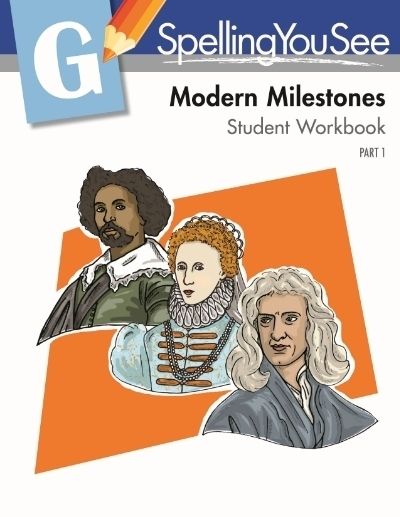 Wednesday: Reading aloud and marking the same paragraph as Monday and Tuesday, but this day there is no copy work. Instead Fritz would be applying the concept learned to new words which he would use to fill in the blanks, count syllables, or other activities.
Wednesday: Reading aloud and marking the same paragraph as Monday and Tuesday, but this day there is no copy work. Instead Fritz would be applying the concept learned to new words which he would use to fill in the blanks, count syllables, or other activities.
Thursday: Reading and marking the same paragraph for the fourth time. This day he would have to write the paragraph from dictation (this meant covering the facing page which includes the text). I would read from the Instructor's Handbook and could give help spelling words and providing punctuation and capitalization clues. I was directed to set a timer for ten minutes—not to rush him to finish the work, but to let him know the exercise would be over shortly. No matter how far he got, we would end the lesson by counting the correctly spelled words (even the ones I helped with).
Friday: Fritz read and marked the paragraph for a fifth and final time. During this day’s 10 minute dictation I was not allowed to provide any spelling assistance (but I could continue with punctuation and capitalization help). Again we ended by counting the correct words.
I’ll be honest and say I had concerns from the beginning that my son would balk at this method of learning to spell. I’ve known for some time that writing is my son’s least favorite activity—and I’m talking about the physical act of putting pencil to paper. He was willing to read the paragraph over and over and mark the roots, prefixes and suffixes appropriately, but when it came time for copy work and dictation there would be whining and tears and sometimes complete blowouts.
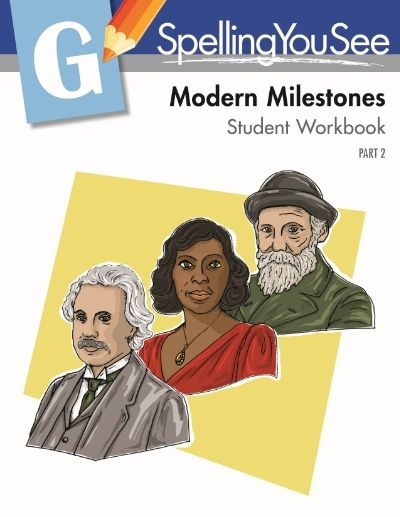
Fortunately for me, we had only been using Spelling You See for a week or two when I had the opportunity to meet its author Karen Holinga at my local homeschool convention. As I shared my son’s frustration, Dr. Holinga began to question me about his penmanship: does he stick capital letters in the middle of words, does he try to fit letters like “t” and “p” within the guidelines rather than let them stick above or hang below, is his spacing between letters and words erratic? I had to answer yes to all of the above.
Dr. Holinga believes that my son is struggling with a visual glitch that is hampering his writing ability. She was adamant that he was not being lazy, instead he’s spending so much energy trying to focus that he has nothing left for the act of putting words on paper. When I returned to her booth on the second day she’d talked to enough parents that she had the name of a behavioral ophthalmologist that she could recommend. While we wait for an appointment she suggested I compensate for this glitch by allowing my son extra time to complete writing/dictation assignments and remove neatness from my grading criteria. I asked about allowing my son to type the dictation, but she was very clear that the work needs to be printed to be effective.
I’m keeping our Spelling You See books to see if Schnickelfritz can get more benefit from them after seeing the specialist. He may need corrective lenses or eye exercises for a while. On the whole though, I found the program to be very sound and I can tell that Dr. Holinga has a real heart to help struggling students and their parents.



